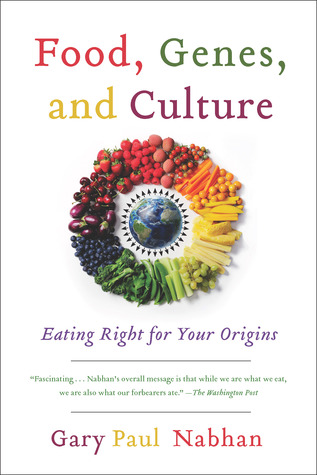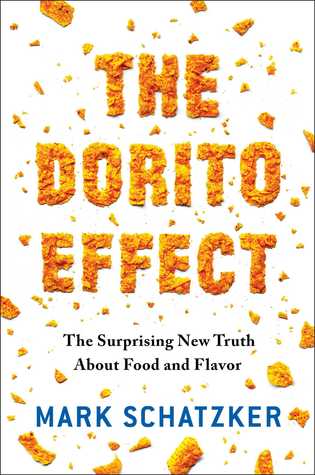Everyone has one: the friend doing the Paleo diet who comes for dinner and eats all the meat meant to feed six people and leaves the starch. Well, next time, before you invite Pete Meathog over, have him read this book:
Because author Nabhan points out that, when archaeologists sift through the soil of early hominid camps,
they seem less certain that there is a single discernible dietary pattern evident among excavated sites. Some scholars have begun to doubt whether Java Man or other populations of Homo ever kept to a uniform diet; some even wonder if ancestral diets contained more or less the same proportions of fats, proteins, sugars, and fiber.
Heck, even the primate populations living today "less than one hundred miles away from one another" demonstrate considerable dietary and genetic variation, so who's to say what Paleolithic man ate?
Nabhan builds a stronger case that diet and genetics have had an active interplay over the last several thousand years, resulting in different ethnic groups evolving in response to their typical diets and in response to environmental pressures (e.g., prevalence of malaria, rate of meat spoilage near the equator, etc.). Folks used to believe evolution took eons, but now we understand that natural selection can operate much more quickly, making significant changes in a few hundred generations. Of course, not everyone lives in the land of their ancestors anymore, eating what their ancestors had developed to eat, and
the forcing of ethnic populations to abandon either their homelands or their traditional diets has inevitably led to epidemic rises in diabetes, heart disease, cancer, and allergies, among other maladies. Because some people have been untethered from the foods to which their metabolisms are best adapted, some 3 to 4 billion of your neighbors on this planet now suffer nutritional-related diseases (italics his).
 |
| Sure, let's be friends--just don't try to poison me with your food |
The studies and cases covered by the book are fascinating. Why do some Sardinians suffer from seasonal symptoms, when fava bean pollen is adrift? Why do the highland Cretans eat three times the fat of Americans, but the Americans sampled had a coronary death rate forty times higher? Why are some families more prone to alcoholism than others? Why do many ethnic populations who shift to a "Western" diet see their diabetes levels skyrocket?
A lot of what Nabhan had to say about the both medicinal and toxic effects of plant chemicals dovetailed well with Mark Schatzker's book THE DORITO EFFECT, which I talked about here.
I only wish Nabhan concluded with a giant map of "traditional" diets across the world. What would be his best guess for what different ethnicities should be eating, if you weren't one of the few groups discussed in the book? Some diet company could tap into a goldmine here. They could run a genetic test on clients and then hand them a printout of the diet their body is tailored to. Anyone? Anyone?
As it is, I'm left to do some sleuthing on my own. (I'm no scientist, so nobody quote me!) But, as a person of Chinese ethnicity, I notice a few things:
- According to the American Diabetes Association, of the 29+million Americans who had diabetes in 2012, only 4.4% were Chinese.
- In 2010, according to the CDC, rates for coronary heart disease were lowest among Asians/Pacific Islanders (3.9%).
- While Asian/Pacific Islanders have only the second-lowest number of cancer incidents among the ethnic groups, they have the lowest death rate from cancer.





